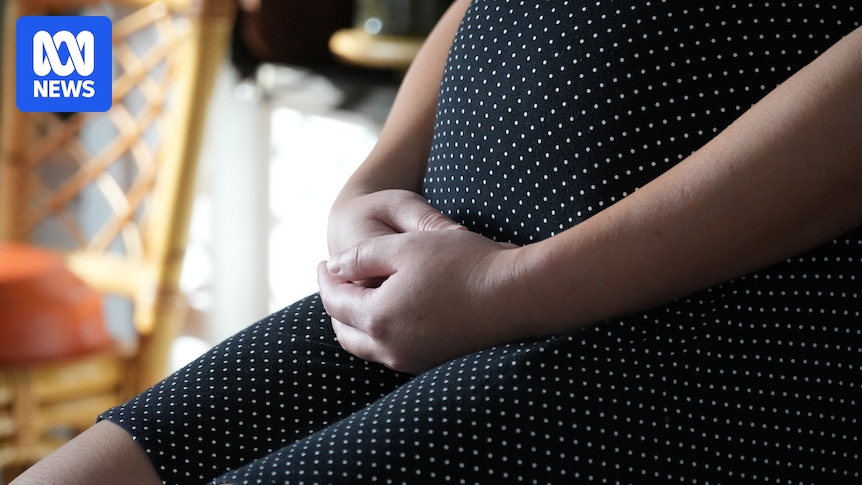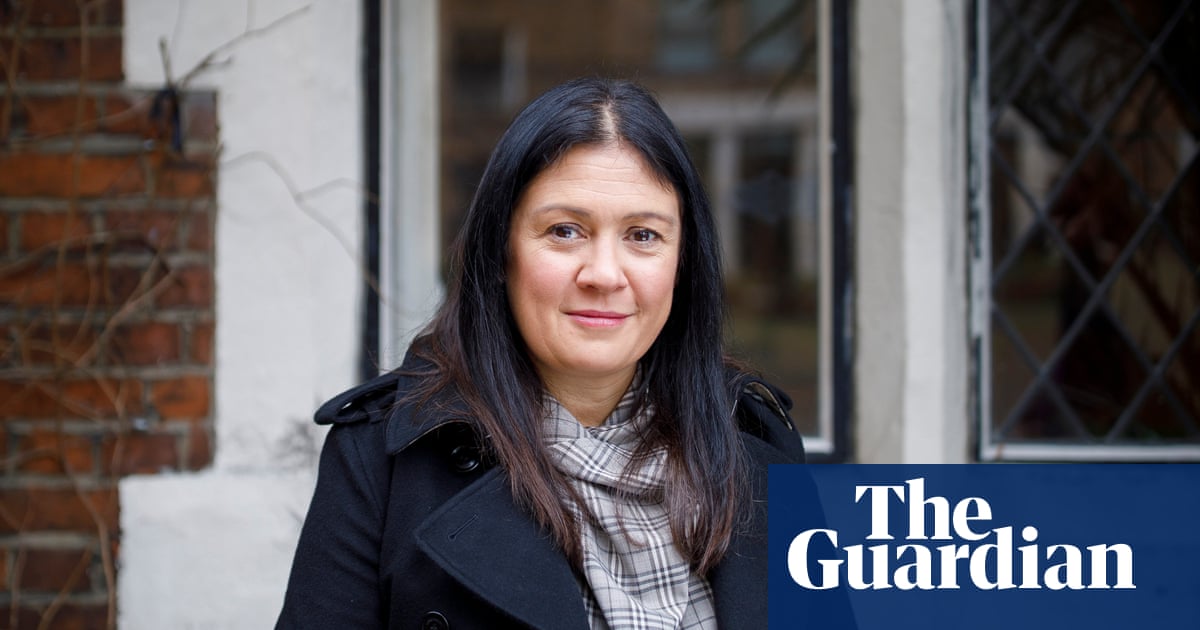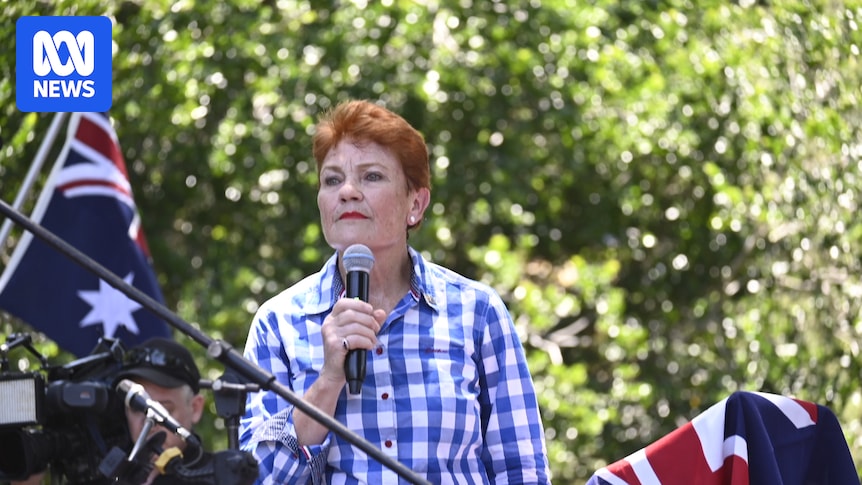
The Western Australian government has announced the reintroduction of legislation aimed at overhauling the state’s surrogacy and IVF laws, a move that comes eight years after the initial promise for reform. Premier Roger Cook revealed that the bill would be presented to the state parliament on Tuesday, with the intent to “streamline and modernise” Western Australia’s assisted reproductive laws, aligning them with national standards.
The proposed changes are set to expand access to assisted reproductive technology (ART) by eliminating the requirement for individuals to demonstrate medical infertility. This adjustment is expected to enable a broader range of West Australians to start families, including same-sex male couples, single men, transgender, and intersex individuals, who will now be able to access altruistic surrogacy. Currently, this option is restricted to heterosexual couples and single women.
Historical Context and Legislative Challenges
The announcement follows a prolonged period of legislative stagnation, with the reforms first promised by former Premier Mark McGowan in 2017. Despite a landslide victory for WA Labor, the legislation faced significant delays. In 2019, an independent review deemed the state’s surrogacy and assisted reproductive technology laws “discriminatory” and outdated by 25 years. However, attempts to modernize these laws were thwarted by a lengthy filibuster from Liberal MP Nick Goiran, who successfully delayed a vote on the contentious issue.
Premier Cook defended the time taken to reintroduce the legislation, citing the complexity of merging three pieces of legislation while considering ethical implications. “Unfortunately, it has taken a long time. We undertook this work as fast as we could but with care, we wanted to make sure the legislation was right,” he stated.
Voices of Advocacy and Opposition
Among the advocates for reform is Paul Hadfield-Jia, who described the existing laws as “barbaric and cruel.” Hadfield-Jia and his husband were compelled to travel to the USA to have their two children due to the restrictive nature of WA’s current laws. “It’s not only costly but risky for those involved, but people continue to take these risks because there are no other options,” he explained.
“WA is the only state where our ART and surrogacy laws violate our equality laws,” Mr Hadfield-Jia said. “These laws exclude and discriminate against LGBTQIA+ people who want to start a family.”
The proposed legislation is seen as “monumental” by Hadfield-Jia, particularly in ensuring that both partners in a same-sex relationship are recognized as parents of a child born through surrogacy. He shared a personal anecdote about a cancer scare in 2021, which highlighted the legal vulnerabilities faced by his family under current laws.
Future Prospects and Legislative Hurdles
Despite the renewed push, the government is expected to encounter significant challenges in passing the new laws. Nick Goiran remains a formidable opponent in the upper house, where five crossbench MPs could also impede progress. Nevertheless, Premier Cook has emphasized the importance of a conscience vote, urging MPs to focus on the legislation’s merits without unnecessary delays.
For individuals like Candice Dix, who had two of her four children with the help of a surrogate in Ukraine, the reforms represent a critical step towards equality. “For us personally, we want to make sure our daughters born through surrogacy have the same rights and protections as our sons,” she implored MPs.
As the WA government moves forward with these reforms, the outcome will not only shape the future of assisted reproductive technology in the state but also set a precedent for inclusivity and equality in family-building across Australia.







